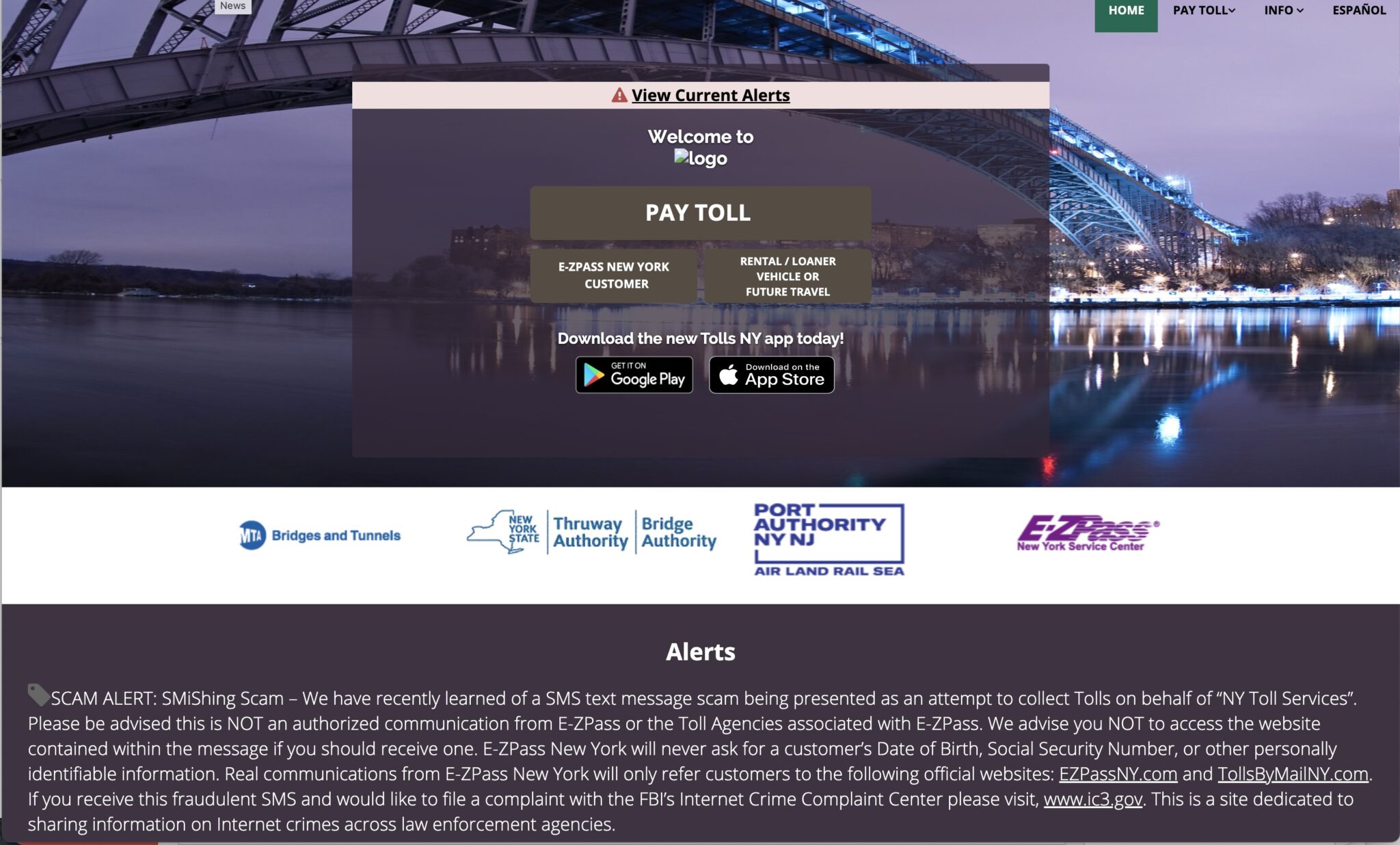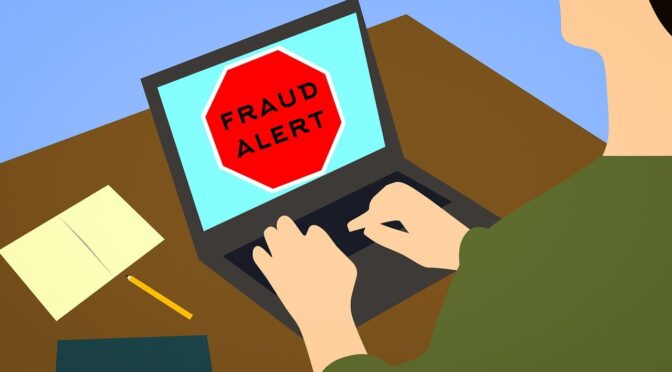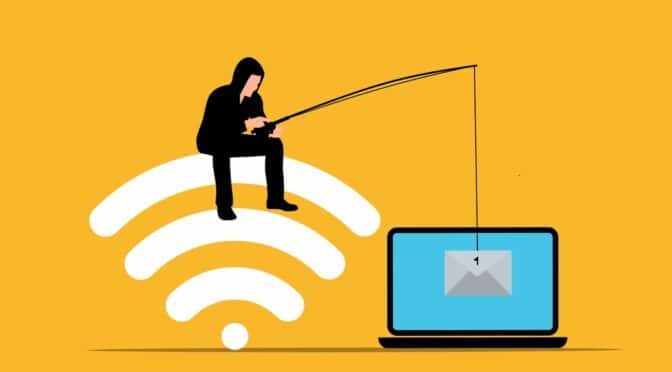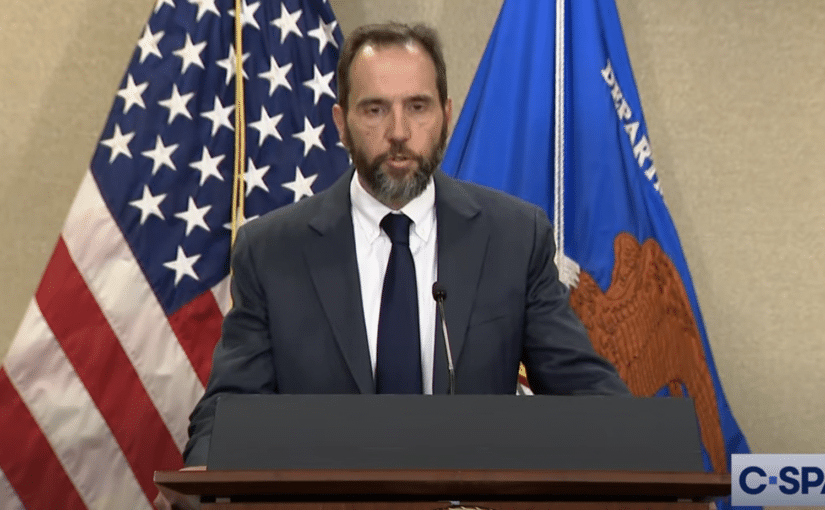by Nick Taylor
A few days ago I got a text message that set off my scam radar. Something called *New York Tolls Services* — set off with asterisks -was contacting me to say, “Our records show that your vehicle has an outstanding toll charge. To prevent further fees totaling $96.70, please settle the amount due of $4.69 at https://tollsbymailinvoices.com.”
Oh boy. I wondered why I was getting charged so much for tolls when I don’t go through toll gates that often. And why was I even being charged at all, since the car we drive isn’t in my name? Then I started laughing. It had to be a scam.
And it was. You’ve heard of phishing, which is an online contact that tries to trick you into sharing financial or personal information or to click on a link that may infect your device with malware.
The toll scam is a twist on the same on the old scam with a new name in the scam dictionary: SMiShing. SMiShing combines SMS or “short message service” — texting, in other words — and phishing. It uses fake text messages to try to get you to send money and with it, the information that the crooks can use to steal much more.
If we didn’t get so nervous when we see that we’re told we owe money, we might spot the implied promise in the text message itself. It almost screams scam: You can avoid a large fee by paying less, but of course you’d have to provide financial information via text to do that.
When you take a deeper look at tollsbymailinvoices.com it confirms suspicions that it is a scam. The screen gives you a choice of three windows to click on: Pay My Toll with a Credit Card, Manage Toll Pass, and File a Dispute.
One word of advice: DON’T.

If you live in New York the MTA Bridges and Tunnels, the New York State Thruway and Bridge Authorities provides a legitimate way to pay tolls online: https://nysba.ny.gov/tolls-by-mail-ny. You can do the same thing in every other state, and no legitimate agency will ask for a customer’s date of birth, Social Security number, or other personally identifiable information..

The fictional *New York Tolls Services* seems to have a scam counterpart for every state. And lawmakers are trying to keep up, but it is tough. The Federal Trade Commission posted a Consumer Alert on its website and warns that, “clicking the link can lead to a phishing attack, where the scammer tries to take your personal information (like your driver’s license number) — and even steal your identity.
The FTC also cautions that, “if you pay, not only are you out the money, but the scammer gets your credit card number, too.”
Here’s some basic but good advice:
- Slow down. Don’t rush to click on links or respond to the text.
2. Check with your state’s toll agency and report unwanted texts to your messaging app or forward them to 7726 (SPAM).
3. Don’t engage. Delete the message.
If you get what you think is a SMiShing scam text, the FTC wants to hear about it. Here’s how you can report scam texts to the FTC. The FBI also wants to hear about these texting scams, and they can be reported to the agency’s Internet Crime Complaint Center.



